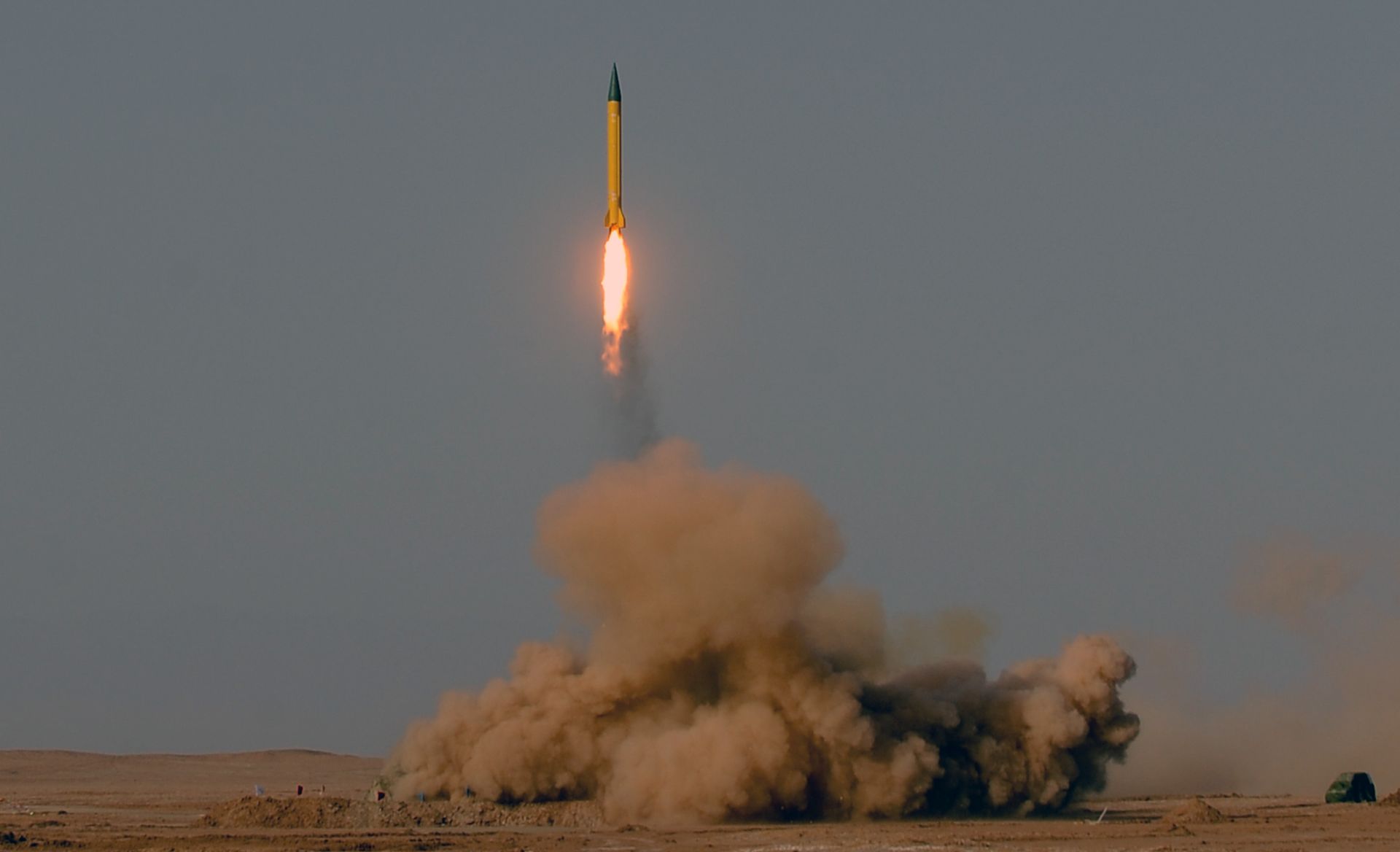Iran’s President Hassan Rouhani has denounced possible new US sanctions on his country which could jeopardize a hard-won nuclear deal due to be finally implemented within weeks.
In a letter to his defence minister, Rouhani said reports that the US Treasury Department planned to blacklist companies and individuals with ties to Iran’s ballistic missile program constituted “hostile and illegal interventions” that justified a response.
The comments from Rouhani, who said the military should intensify its development of missiles, seemed to cause backtracking in Washington with reports that the White House had put the intended sanctions on hold indefinitely.
In the five months since the nuclear deal was struck US officials say Iran has conducted two missile tests, one of which state media reported at the time, on October 11. Iran also recently aired television footage of an underground missile base.
The actions angered the United States and a United Nations panel found earlier this month that the tests breached previous resolutions aimed at stopping the Islamic republic from developing missiles capable of carrying a nuclear warhead.
But the threat of new sanctions — the nuclear deal is due to lift past measures that froze Iran out of the global financial system and crippled its oil exports — brought already worsening relations to a head.
It also came after US officials said an Iranian vessel had test-fired several rockets near three Western warships, including the USS Harry S. Truman aircraft carrier.
The alleged incident in the strategic Strait of Hormuz on December 26 drew denials from Iran’s Revolutionary Guards, who are responsible for protecting Iranian interests in the strategic waterway where much of the world’s oil passes.
Spokesman General Ramezan Sharif accused the US of fabricating the incident as part of a “psychological operation”.
The Wall Street Journal first reported Wednesday that the US was preparing fresh sanctions against companies and individuals in Iran, Hong Kong and the United Arab Emirates over alleged links to Tehran’s ballistic missile program.
But on Thursday the newspaper said the measures had been delayed — although they remain on the table — over fears the nuclear deal could be derailed.
Warnings of reprisals
Were the Treasury to introduce the sanctions it would be a major barrier to the nuclear deal’s formal enactment, let alone its durability.
Rouhani, whose government negotiated the agreement with the United States and five other world powers, warned of reprisals.
Should individuals and companies be added to “the previously unjustified sanctions list, it is necessary that the production of various missiles required by the armed forces move forward with increased speed and seriousness”, said his letter to Defence Minister Hossein Dehghan.
“If such wrong and interventionist actions are repeated by the US, the ministry of defence should use all its capabilities to come up with new plans to expand Iran’s missile capabilities,” he added.
Tehran has always denied seeking an atomic weapon and argues that its missiles would never be designed to, nor ever carry, a bomb.
The nuclear deal was heralded by moderates such as Rouhani, who staked his reputation on the negotiations, but hardliners in Tehran said it damaged national interests.
Republican lawmakers in the US Congress poured scorn on the agreement and tried to stop it. Several Republicans candidates for the presidency have pledged to rip it up if they are elected in November.
Although Iran’s ultimate authority, supreme leader Ayatollah Ali Khamenei, explicitly endorsed the nuclear accord in October, he warned that new sanctions, under any pretext, would constitute a violation.
The deal is due to come into effect on “Implementation Day”, expected in January, or soon after, when UN monitors sign off that Iran has applied major curbs to its nuclear program.
Rouhani further criticised the Treasury plans, stating that Iran’s domestic defence had never been within the remit of the nuclear talks. “Officials of the United States have also admitted this,” he said.
Iran’s Foreign Minister Mohammad Javad Zarif, who negotiated the deal with US Secretary of State John Kerry and counterparts from Britain, China, France, Russia and Germany, alluded to the missile row in a New Year message posted on Twitter.
“Much was achieved in 2015 through diplomacy — let’s learn from history and repeat successes, not past mistakes. A Happy New Year to all,” he wrote.










